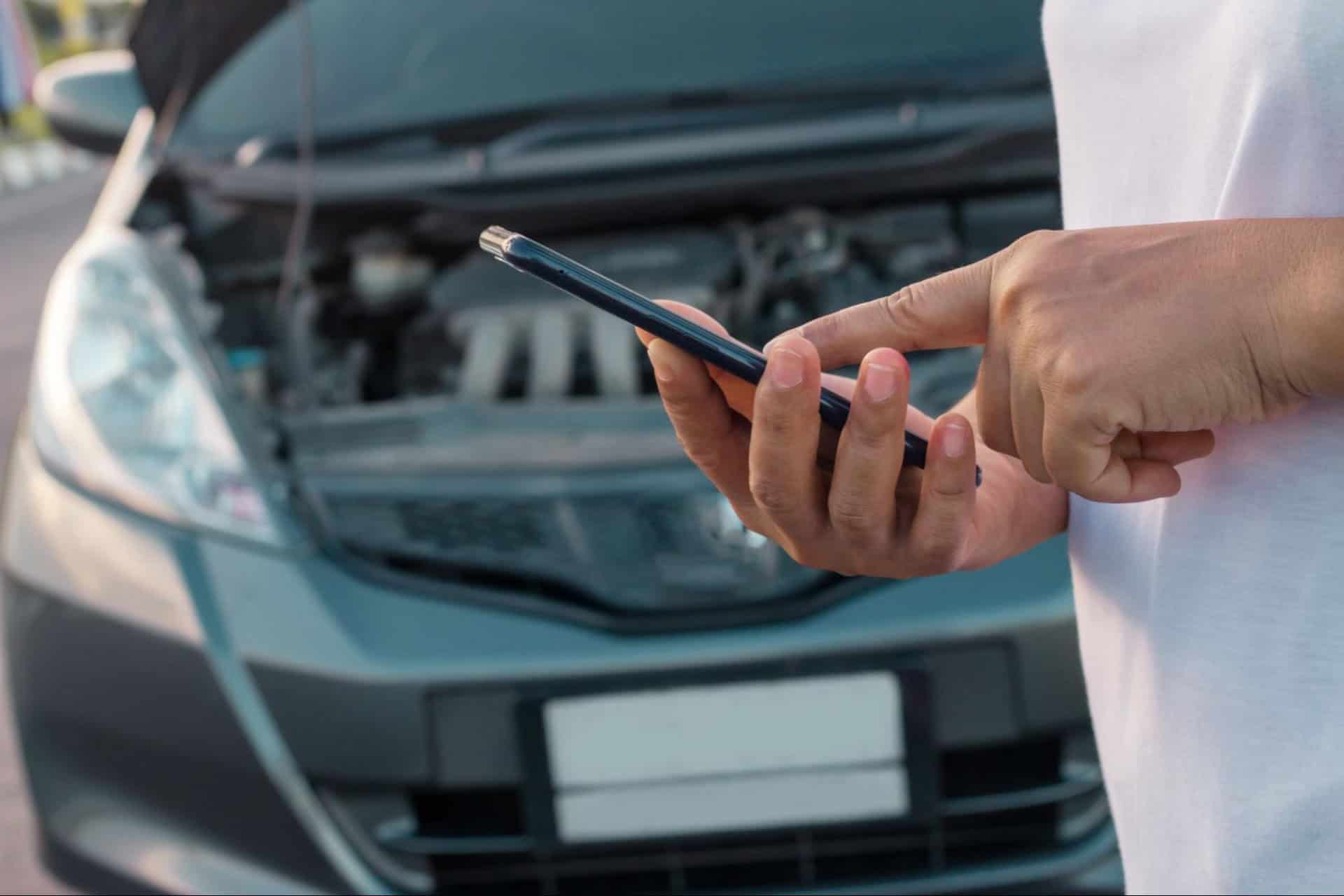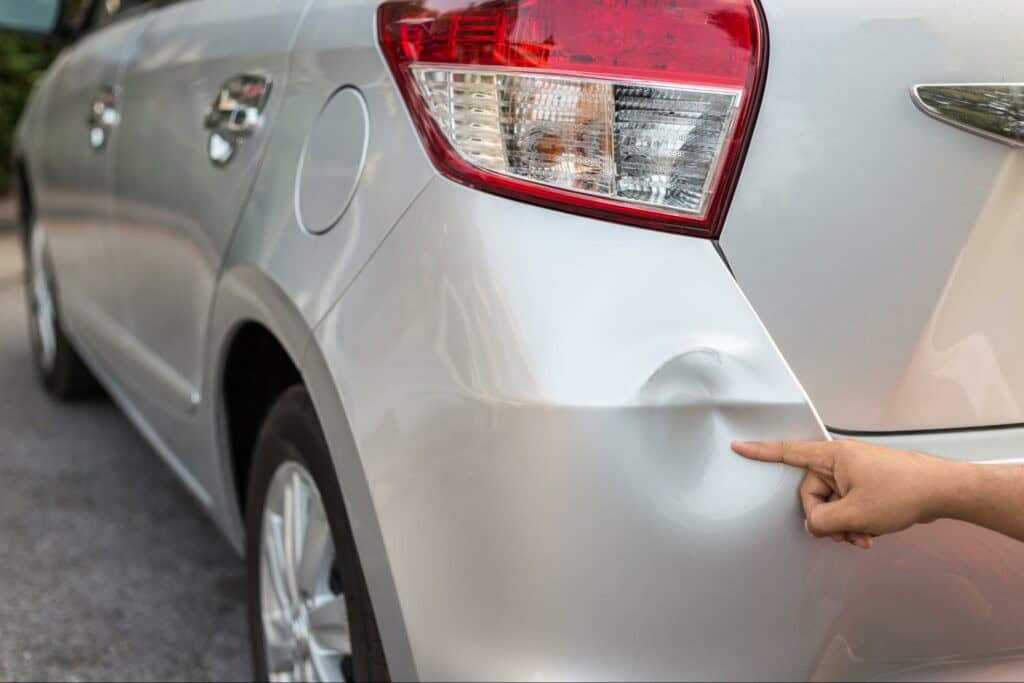
If you have been in a serious car accident, you must report your vehicle collision to the police and the insurance company. Not only does state law often dictate that you are required to notify these appropriate parties but failing to do so can impact the value of your claim and leave you on the hook for thousands of dollars.
That is why no matter how overwhelming the scene of a car accident may be or how many things you have running through your mind, it is vital that after a crash, you take specific actions.
These steps will not only ensure you stay safe after an accident but that your legal rights also remain protected.
To better help you understand these specific actions, this blog post will walk you through two of the more critical steps—filing a police report and an insurance claim and what can happen if you decide not to follow through with them.
Do You Have to Report an Accident to the Police?
In West Virginia, motor vehicle laws dictate that if you have been involved in an automobile accident, you must report it immediately to proper local authorities if it resulted in an injury, property damage, or death.
If, for some reason, your injuries prevent you from reporting the accident immediately after your crash, you will be able to report the incident to the State Police or the local law enforcement agency. You must do so as soon as possible.
Are Accident Reports Required at All Collisions?
Unlike major collisions, which need to be reported to law enforcement immediately, minor fender benders are a different story. If your auto accident resulted in no injuries and minor damage, estimated to be less than $1,000 total, then you are not required by law to report the accident in most cases.
It still may be in your best interest to report a minor accident. Why?
When you contact the police, officers will come out to the scene of the accident and investigate your crash, writing down their findings in their police report. If you decide to file an insurance claim or pursue a personal injury lawsuit, the information in this police report will be incredibly vital for your case, as many times, it will discuss not only what happened but who was at fault for the collision.
In fact, reporting the accident is just one of many steps you should take after an accident.
Do You Have to Report an Accident to Your Insurance Company?

Reporting a car crash to the insurance company is not the same as reporting your collision to the police and, unfortunately, many people try to avoid it in fear that their insurance premiums will go up.
In the long run, avoiding the insurance company is not in your best interest and can cost you even more money in the end. That is why it is recommended that you report your accident to the insurance company as soon as possible, even if you may have been responsible for the crash.
What many people do not realize is there are numerous benefits that come with reporting a car crash to their insurance company. Your insurance company may also have a strict time limit for filing claims.
Depending on your coverage, you may have benefits that will pay for your accident, regardless of who was at fault for the crash. For example, you may have towing insurance that can help you pay for the towing of your vehicle following a car crash. Or you can have collision coverage, which can help you replace or repair your car after it was damaged in the accident.
If the other driver claims you were at fault for the accident, the insurance company can pay to defend you at no extra charge. This helps reduce the chances of you having to pay for any harm or injuries suffered by the other motorist involved in the collision.
Repercussions of Not Reporting an Accident to Insurance
If you decide to risk it and not contact the insurance company following a car accident, it can result in many issues and problems for you down the line.
In instances where you fail to notify your insurance company of your motor vehicle crash within a reasonable period of time, it is very likely that they can deny your coverage or refuse to represent you in a lawsuit.
These insurance companies can also decide not to renew your policy when it expires, raise your premiums, and even cancel your insurance altogether.
Can You Report a Car Accident After 24 Hours?

In most cases, it is required that you file an accident report within 24 hours of a car collision. Failing to report a crash during this time can end up hurting your personal injury case and may also result in you having to endure criminal charges.
For instance, according to West Virginia laws, if you do not report a vehicle collision to the appropriate authorities within 24 hours, you may be on the hook for significant penalties and even face possible jail time.
Plus, without a police report, there will be no official record of your accident, which means that it can be incredibly difficult to pursue a personal injury claim and obtain compensation for the injuries and damages you sustained.
This is because, in the absence of this unbiased police report, the case will be determined by your word and the word of the other motorist and any evidence you can find to help establish what happened.
What if One or Both Parties Are Uninsured or Underinsured Motorists?
In West Virginia, it is against the law to drive without insurance, and each motorist must carry fault-based insurance according to the state’s required minimums.
If you are involved in a car crash and discover that the other driver is uninsured, you must contact the police immediately. Reporting the uninsured driver to the authorities can prevent them from getting back on the roads without insurance and having this type of accident happen again in the future.
You must also contact your insurance provider and file a claim. You will just have to treat the incident as a hit-and-run or a no-fault accident.
What does this mean? You will have to call your insurance adjuster and explain the incident was not your fault but caused by a party that did not have any insurance. If you have the minimum amount of insurance required in West Virginia, you will, fortunately, have uninsured motorist coverage.
This coverage can help cover damages resulting from a crash involving an uninsured motorist.
You may also be able to pursue benefits from your property damage or bodily injury plan. Before you can obtain these benefits, you must report your accident and discuss your options with your insurance company.
What if There is Property Damage?

It is never illegal to report a car accident to appropriate authorities, no matter how minor the accident may seem. You must report a car crash if the property damage resulted in more than $1,000 worth of damages or if someone suffered an injury or a death in the crash.
If the collision occurred on private property or a private road, regardless of how severe the injuries and the property damages were, you do not have to report it. Although, as discussed above, it still may be in your best interest.
Contact an Attorney if You Have Been in an Accident
Do not wait to get legal help if a car accident disrupted your life or the life of a family member. Even though you are required to contact your insurance company and file a police report following your accident, just know you do not have to tackle this complicated ordeal on your own.
With the help of an experienced car accident attorney from The Miley Legal Group, you can get the legal assistance you need to handle these tedious steps for you while you focus on what matters most-your recovery.
Our experienced personal injury attorneys can:
- Go over your case in detail, evaluate your potential claims, and provide you the legal advice you need.
- Discuss your legal options and provide you the exceptional advocacy you require.
- Investigate your case and secure the evidence needed to prove liability and damages.
- Hold all those responsible for your injuries accountable.
- Handle all the negotiations and discussions with the insurance company and make sure to pursue just compensation on your behalf.
- Bring in the experts such as accident reconstructionists, doctors, engineers, and economists to substantiate your claims.
- Take your case to trial, if needed, and work tirelessly to bring a successful resolution to your lawsuit.
That is why if you have been harmed in a car accident, you should contact The Miley Legal Group today using the form on this page for a free case consultation. Let us show you how we can fight for the justice and damages you deserve.



